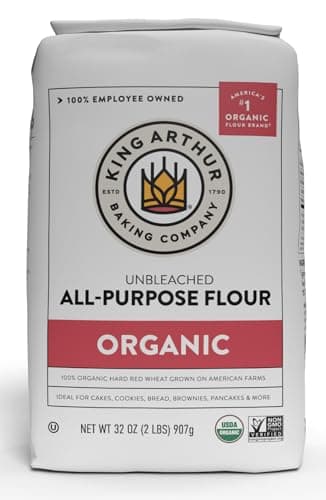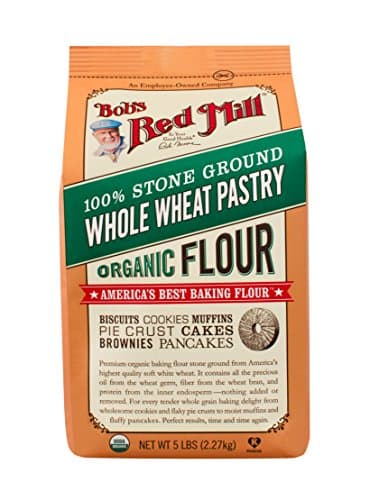
Pastry Flour
Flour
Also known as: cake flour, soft flour, pastry meal, fine flour, all-purpose flour (in some regions)
Pastry flour has less protein, resulting in tender baked goods.
About Pastry Flour
Pastry flour is a finely milled, low-protein flour designed to produce tender baked goods. It typically contains 8-10% protein, less than all-purpose flour but more than cake flour, striking a balance that provides structure while maintaining a delicate crumb. Its soft texture and lower gluten content make it ideal for creating tender cookies and light pastries. It has a neutral flavor, ensuring that the taste of other ingredients takes center stage. Home bakers favor it for its ability to deliver consistent, professional-quality results.
Trusted Pastry Flour Brands
Selected for quality, availability, and clear allergen handling. We may earn a small commission from these links.
Have feedback or suggestions about this ingredient page? We're listening.
Share your feedback

